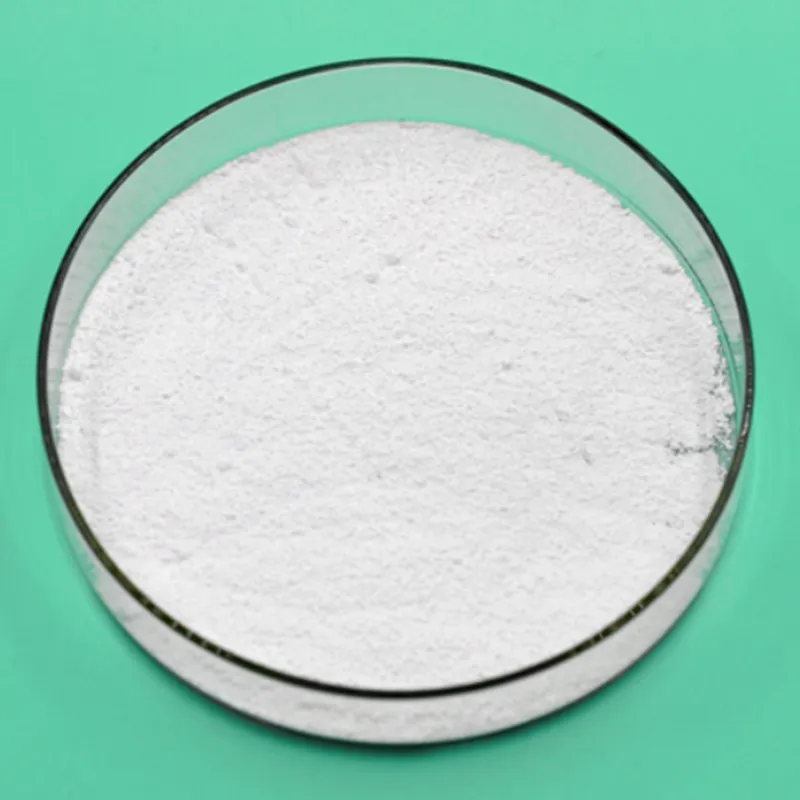
meat emulsifier
The Role of Meat Emulsifiers in Food Processing
In the modern culinary landscape, the quest for improved textures, enhanced flavors, and greater product stability has led to the burgeoning use of meat emulsifiers in food processing. These emulsifiers are crucial components in the production of processed meat products, providing not only structural integrity but also facilitating the blending of fat and water, which are inherently incompatible.
Meat emulsifiers primarily function by integrating fat and water phases, which is particularly important in products such as sausages, pâtés, and emulsified meat products like bologna. By creating a stable emulsion, they contribute to the desired mouthfeel, moisture retention, and overall quality of the final product. This is vital in commercial meat production, where consumer expectations for texture and moisture are high.
The ingredients categorized as meat emulsifiers can vary widely, from natural sources like egg yolks and soy lecithin to synthetic options such as mono- and diglycerides. The choice of emulsifier often depends on the specific requirements of the product, including its fat content, desired consistency, and shelf life. For example, a higher fat content in a meat product would require a more robust emulsifying agent to ensure stability and prevent separation.
meat emulsifier

While the technical benefits of meat emulsifiers are significant, consumer perception is also crucial in their adoption
. Many consumers today are increasingly cautious about food additives and their implications for health. Therefore, the meat processing industry is responding with greater transparency and the incorporation of natural emulsifiers whenever possible. Products such as coconut oil or sunflower lecithin are gaining popularity as they align more closely with the clean-label movement, appealing to health-conscious consumers.Additionally, meat emulsifiers play a significant role in minimizing the fat content in meat products without compromising texture or taste. With the rising trend of leaner diets, manufacturers have begun to formulate products that incorporate emulsifiers to retain moisture while using leaner cuts of meat. This not only caters to health trends but also addresses concerns regarding obesity and cardiovascular health.
The innovative applications of meat emulsifiers extend beyond traditional products. The evolution of food technology has introduced novel emulsifiers that can serve multiple functions, including flavor enhancement and spoilage prevention. For instance, some emulsifiers possess antioxidant properties, which can extend the shelf life of meat products while maintaining quality.
In conclusion, meat emulsifiers are indispensable in the food processing industry, offering a unique combination of functional benefits that contribute to consumer satisfaction. As the industry evolves, the focus on health and natural ingredients will likely drive further innovations in emulsifier technology. The balance between maintaining product quality and meeting consumer demands continues to shape the future of meat processing, making emulsifiers a pivotal component of this dynamic field.
-
Why Glacial Acetic Acid Food Grade Is Essential in FlavorNewsMay.26,2025
-
Surging Export Growth of Food Additives in ChinaNewsMay.26,2025
-
How Ammonium Nitrate Fertilizer Boosts Crop YieldsNewsMay.26,2025
-
How 1,2,3-Benzotriazole Shields Plastics from UV DegradationNewsMay.26,2025
-
Cyanide in Gold Mining: Protecting People and the PlanetNewsMay.26,2025
-
Aluminum Hydroxide in Modern Sunscreen FormulationsNewsMay.26,2025
-
Understanding Synthetic Rubber OptionsNewsApr.27,2025
Hebei Tenger Chemical Technology Co., Ltd. focuses on the chemical industry and is committed to the export service of chemical raw materials.
-

view more DiethanolisopropanolamineIn the ever-growing field of chemical solutions, diethanolisopropanolamine (DEIPA) stands out as a versatile and important compound. Due to its unique chemical structure and properties, DEIPA is of interest to various industries including construction, personal care, and agriculture. -

view more TriisopropanolamineTriisopropanolamine (TIPA) alkanol amine substance, is a kind of alcohol amine compound with amino and alcohol hydroxyl, and because of its molecules contains both amino and hydroxyl. -

view more Tetramethyl Thiuram DisulfideTetramethyl thiuram disulfide, also known as TMTD, is a white to light-yellow powder with a distinct sulfur-like odor. It is soluble in organic solvents such as benzene, acetone, and ethyl acetate, making it highly versatile for use in different formulations. TMTD is known for its excellent vulcanization acceleration properties, which makes it a key ingredient in the production of rubber products. Additionally, it acts as an effective fungicide and bactericide, making it valuable in agricultural applications. Its high purity and stability ensure consistent performance, making it a preferred choice for manufacturers across various industries.











